Tessa West examines the different personality types that tend to make work miserable and the methods of social psychology you can employ to neutralize them. Plus, a blog post on how to deal with bulldozing coworkers.
Read more


Tessa West examines the different personality types that tend to make work miserable and the methods of social psychology you can employ to neutralize them. Plus, a blog post on how to deal with bulldozing coworkers.
Read more
Professor Jonathan Silvertown talks about the science behind why we giggle, laughter’s evolutionary advantages, and why you might want to tickle your houseplants.
Read more
Dr. Seema Yasmin discusses ways to engage youth and help them learn to dispel rumors and myths about science and medicine. Plus, a bonus blog post on misinformation, disinformation and mal-information.
Read more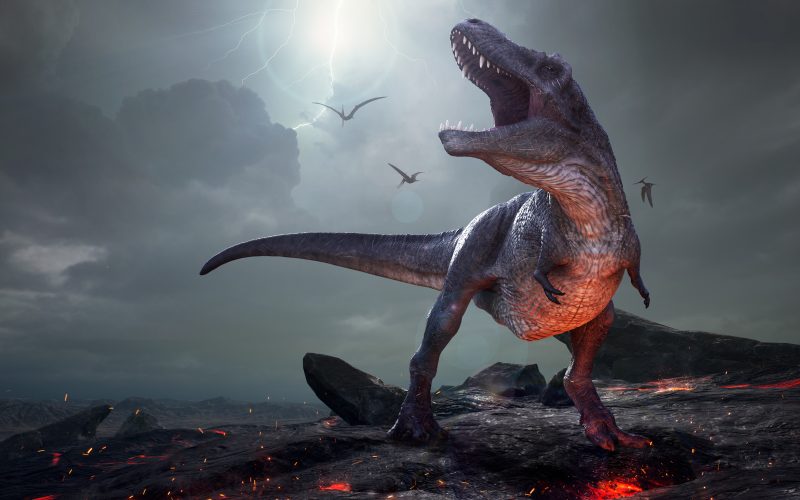
David Hone, paleontologist and senior lecturer at Queen Mary University of London, shares the latest in dinosaur research, from child-rearing to habitats – and what might be the next big dinosaur discovery on the horizon.
Read more
Marisa G. Franco is a professor at the University of Maryland. She talks with us about the latest science on friendship, why it’s essential to our health, and ways to use your own strengths to forge lasting relationships.
Read more
Astrophysicist Neil deGrasse Tyson joins us to make a case for the rationality of science—and to help us look at global challenges in new ways.
Read more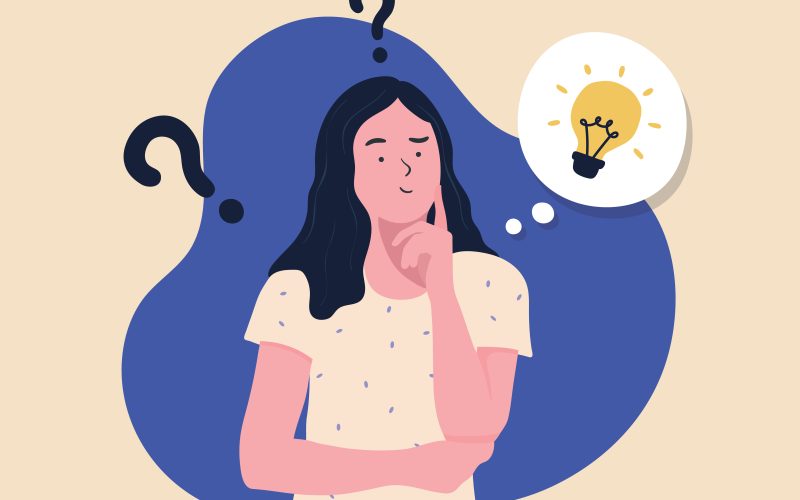
Professor Woo-kyoung Ahn discusses confirmation bias and other forms of subconscious thinking that can get in the way of us being better versions of ourselves.
Read more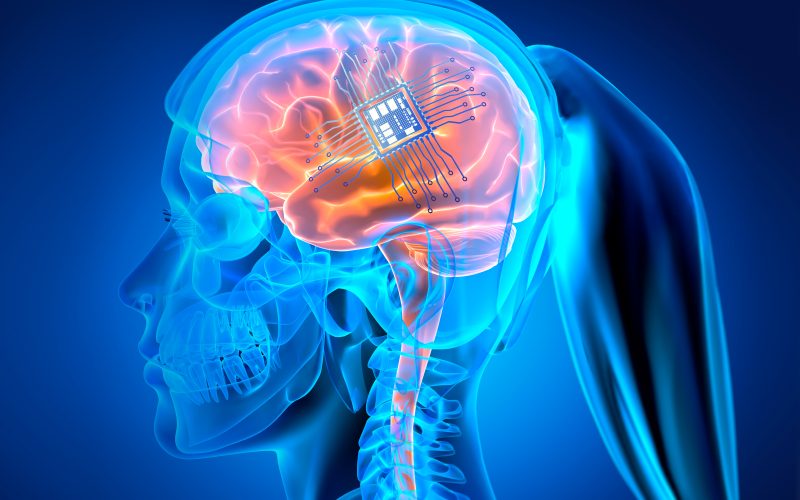
Zachary Siegel of Harper’s Magazine discusses the details of deep brain stimulation, an experimental treatment for addiction. Plus, a special blog post from the show!
Read more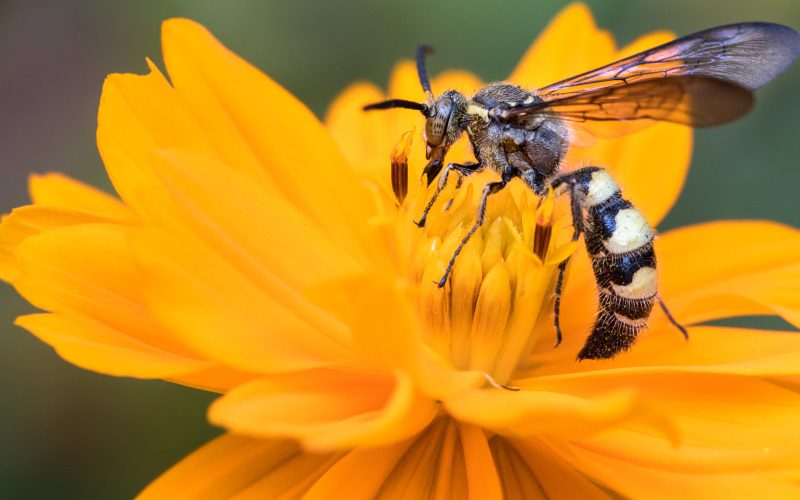
Professor Seirian Sumner discusses the wild world of wasps, which she says have an undeserved reputation as nature’s bad guys.
Read more
Anthropologist and cognitive scientist Dimitris Xygalatas discusses how both very small and very elaborate customs connect human behavior across centuries.
Read more
Scientific American senior editor Mark Fischetti discusses the science emerging from below the surface, from bioluminescence to the potentially life-saving drugs being discovered from the chemical defenses of sea creatures.
Read more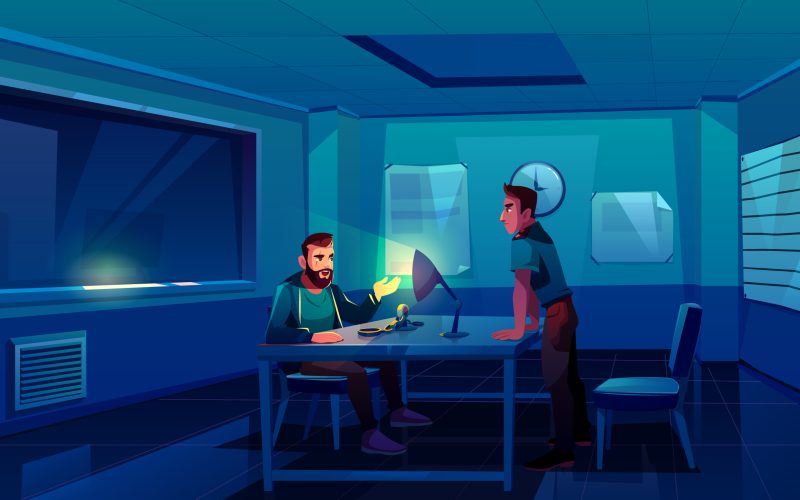
Psychotherapist David J. Lieberman explains how to pick up on subtext in spoken and written words, how to sniff out lies, and where to find the devil in the details.
Read more